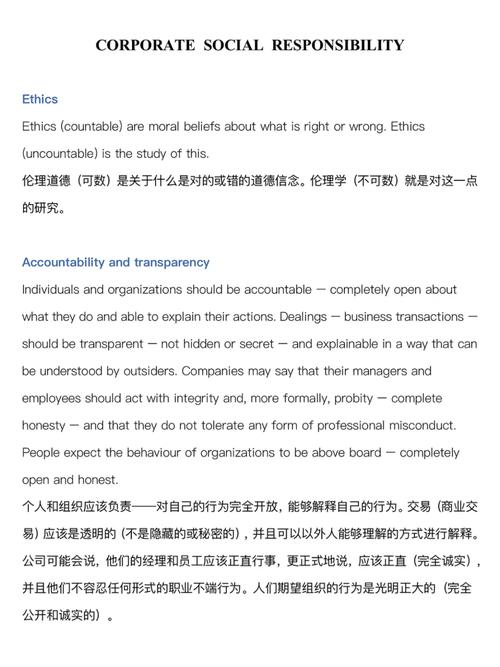
Environmental Ethics ETH 210 Practice Questions: A Comprehensive Guide
Understanding environmental ethics is crucial in today’s world where climate change and environmental degradation are pressing issues. ETH 210, an introductory course in environmental ethics, provides students with a foundation to explore these complex topics. To help you prepare for your ETH 210 exams or assignments, here’s a detailed guide to some common practice questions in this field.
What is Environmental Ethics?
Environmental ethics is a branch of applied ethics that examines the moral relationship between humans and the environment. It addresses questions about the rights of nature, the value of biodiversity, and the ethical responsibilities of individuals and societies towards the environment.

Practice Question 1: Define Environmental Ethics and Explain Its Importance
Answer: Environmental ethics is the study of moral principles that guide human behavior towards the environment. It is important because it helps us understand our role in the ecosystem, promotes sustainable practices, and encourages us to consider the long-term consequences of our actions on the planet.
Practice Question 2: What Are the Key Principles of Environmental Ethics?
Answer: The key principles of environmental ethics include respect for nature, intergenerational equity, the intrinsic value of life, and the prevention of harm. These principles guide us in making ethical decisions regarding the environment.
Practice Question 3: Explain the Concept of Ecological Integrity
Answer: Ecological integrity refers to the health, function, and resilience of ecosystems. It is the idea that ecosystems should be protected and preserved in their natural state, as they provide essential services to humans and other species.
Practice Question 4: What Are Some Examples of Ethical Issues in Environmental Management?
Answer: Ethical issues in environmental management include the trade-offs between economic development and environmental protection, the allocation of resources, and the management of natural resources. For example, the decision to build a dam may have significant environmental impacts, such as the displacement of communities and the destruction of habitats.

Practice Question 5: Discuss the Role of Corporate Social Responsibility in Environmental Ethics
Answer: Corporate social responsibility (CSR) plays a crucial role in environmental ethics by encouraging businesses to adopt sustainable practices and minimize their environmental impact. Companies can do this by reducing emissions, conserving resources, and supporting environmental initiatives.
Practice Question 6: What Are Some Ethical Theories That Inform Environmental Ethics?
Answer: Some ethical theories that inform environmental ethics include utilitarianism, deontological ethics, and virtue ethics. Utilitarianism focuses on the consequences of actions, deontological ethics emphasizes the inherent rightness or wrongness of actions, and virtue ethics focuses on the character of individuals.
Practice Question 7: Explain the Concept of Sustainable Development
Answer: Sustainable development is the concept of meeting the needs of the present generation without compromising the ability of future generations to meet their own needs. It involves balancing economic, social, and environmental factors to ensure long-term well-being.
Practice Question 8: What Are Some Challenges in Implementing Environmental Ethics in Practice?
Answer: Challenges in implementing environmental ethics in practice include economic interests, political pressures, and the complexity of environmental issues. Overcoming these challenges requires a multi-faceted approach, involving education, policy-making, and international cooperation.
Practice Question 9: Discuss the Role of Governments in Promoting Environmental Ethics
Answer: Governments play a crucial role in promoting environmental ethics by enacting and enforcing environmental laws, providing incentives for sustainable practices, and engaging in international environmental agreements. They also have a responsibility to educate citizens about environmental issues and the importance of ethical behavior.
Practice Question 10: What Can Individuals Do to Promote Environmental Ethics?
Answer: Individuals can promote environmental ethics by adopting sustainable practices in their daily lives, such as reducing waste, conserving energy, and supporting eco-friendly products. They can also advocate for environmental issues, participate in community initiatives, and educate others about the importance of environmental ethics.
By understanding and applying the principles of environmental ethics, we can work towards a more sustainable and ethical future for our planet. This comprehensive guide to ETH 210 practice questions will help you prepare for your exams or assignments and deepen your knowledge of this important field.


